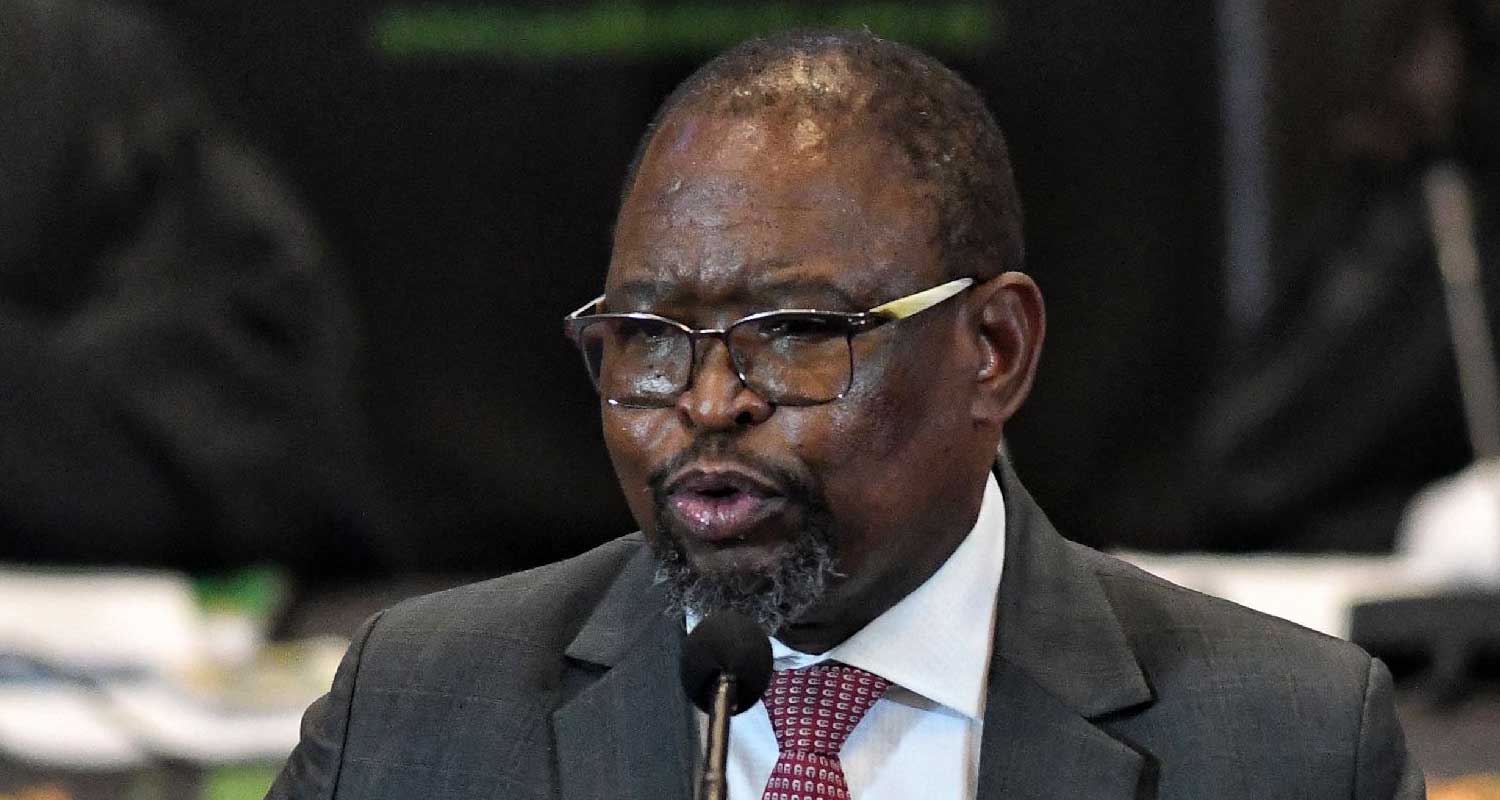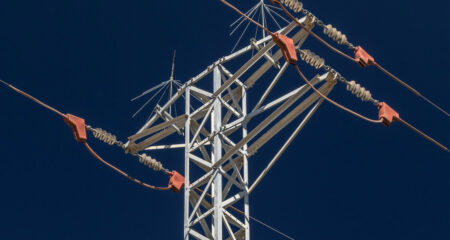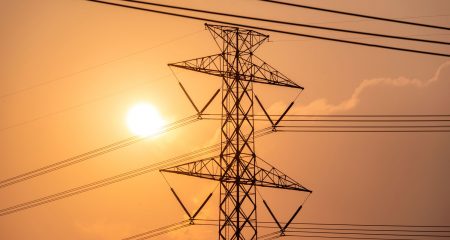
Finance minister Enoch Godongwana has ruled out additional state funding for debt-laden Eskom, underscoring the government’s disjointed approach to resolving South Africa’s debilitating energy crisis.
“From where I sit, the utility does not require any further cash injection,” Godongwana said in an interview at the International Monetary Fund’s spring meetings in Washington on Friday.
Godongwana’s comments come after newly appointed electricity minister Kgosientsho Ramokgopa called for more fiscal support for the company that’s survived on government bailouts since 2008, when it started imposing rolling blackouts that are hobbling the economy. Eskom has subjected the country to blackouts for all but one 24-hour cycle this year as its poorly maintained coal-fired fleet struggles to meet demand.
In February, Godongwana announced a R254-billion debt relief package for Eskom, while affirming national treasury’s commitment to reining in government debt and reducing budget deficits.
The plan, which allows the utility to undertake critical maintenance needed to secure electricity supply, hinges on it meeting predetermined performance targets that are meant to wean Eskom off its reliance on public finances. Straying from that strategy would test the credibility of South Africa’s fiscal framework and budget processes in a country with a full house of junk credit ratings.
Deviations would also rattle investors who have placed a premium on the currency because of the slow pace of economic reforms, severe power rationing and logistics network constraints that are eroding the country’s growth prospects, disrupting local supply chains and stoking inflation. The rand has weakened 7.6% against the dollar this year, making it the second worst performer in a basket of 16 major currencies tracked by Bloomberg.
Sharp criticism
The government is facing sharp criticism over its handling of the energy crisis that’s set to intensify during the looming winter months. While President Cyril Ramaphosa has introduced a series of measures, including incentives for businesses and households to self-generate power, it will take time for electricity supply to improve materially.
Last week, the government rescinded two controversial measures — a state of disaster over the electricity crisis and a rule that temporarily exempted Eskom from disclosing irregular, fruitless and wasteful expenditure — after a public outcry. Eskom was hard-hit during the era of state capture. The creation of an electricity portfolio in the presidency also raised concerns about the multiplicity of ministries that Eskom now reports to.
Read: Eskom workers demand massive pay hike
Godongwana said that while rising debt service costs in South Africa are a concern — they account for about 20% of main budget revenue and crowd out spending on healthcare and education — he remains confident that the government can manage its debt load.
“I am quite comfortable about managing those increases,” he said. “My worry is that they are crowding out other expenditure.” — Prinesha Naidoo and Enda Curran, (c) 2023 Bloomberg LP




